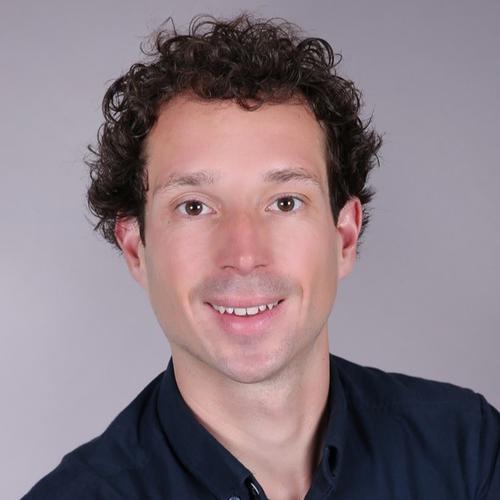Christopher Hölzel
The archaeologist researches the history of the State Museums of Berlin during the GDR. At the centre of his work is the question how museum employees negotiated their agenda with the Ministry of Culture in the complex field of cultural policy.
May 07, 2024
Christopher Hölzel studied Near Eastern Archaeology at the Free University of Berlin from 2011 to 2018. During his studies, he took part in excavations at Tempelhofer Feld in Berlin, Tayma (Saudi Arabia) and Qatar and researched pop-cultural representations of ancient Mesopotamia. After working briefly in tourism, he began a two-year traineeship at the Vorderasiatisches Museum Berlin in 2020, where he was able to realise an exhibition on the museum's GDR history.
The archaeologist, orientalist and cultural politician Gerhard Rudolf Meyer (1908-1977) is at the centre of his work. As General Director of the State Museums in Berlin (SMB) from 1958 to 1976, he left his mark on Berlin's museum landscape. Meyer's time in office saw the repatriation campaign from the Soviet Union, the opening of the Museum of Decorative Arts in Köpenick Palace, the reopening of the Altes Museum, the founding of the Museum Education Service and the admission of the GDR to the UN and the international museum organisation ICOM.
Based on interviews with contemporary witnesses, archive and literature research, Christopher Hölzel investigates the development of the SMB's activities under Gerhard Rudolf Meyer using an actor-centred approach and examines the scope for action in an institutional, scientific and ideological context.
The dissertation project is supervised by Prof. Dr. Martin Lücke and has been funded by an Elsa Neumann scholarship for doctoral students since October 2023.

